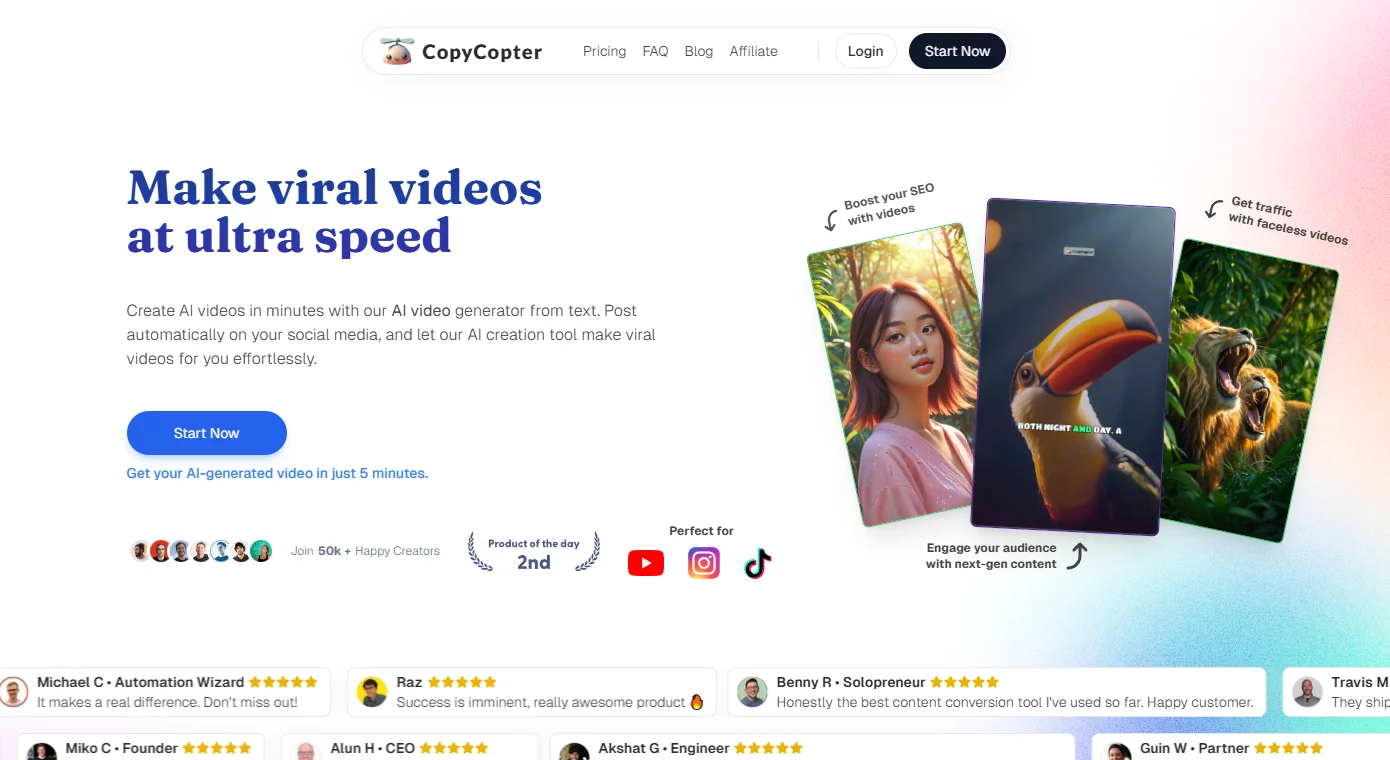OpenAI Introduces Groundbreaking AI Model Sora: Translating Text into Cinematic-Quality Videos
OpenAI today unveiled a major innovation - Sora, a revolutionary generative AI model with the ability to transform text content into high-quality videos. Users simply need to provide a brief description, detailed narrative, or a static image, and Sora can generate vivid videos with resolutions up to 1080p, including rich characters, diverse actions, and detailed background details.
What's even more remarkable is that Sora has the ability to "extend" existing video clips by intelligently filling in missing parts. OpenAI proudly stated in their official blog, "Sora has a deep understanding of language, accurately interprets prompts, and generates emotionally engaging characters. This model not only understands user requirements but also realizes these requirements in the physical world."
Although OpenAI's description of Sora is full of praise, the samples selected from the model are indeed impressive. Compared to other text-to-video techniques, Sora-generated videos excel in style, length, and coherence. These videos can be as long as one minute, far surpassing most similar models. At the same time, they largely maintain reasonable coherence, reducing common AI anomalies such as objects moving in non-physical ways.
However, OpenAI also candidly acknowledges the imperfections of Sora. It still faces challenges in simulating complex physical scenes, understanding specific causal relationships, and accurately describing spatial details. For example, there may be no bite marks on a cookie after a character bites it, or the left and right directions may be confused. OpenAI positions Sora as a research preview and emphasizes the importance of preventing the misuse of the model.
To ensure the safe use of Sora, OpenAI is collaborating with experts to detect vulnerabilities in the model and develop tools to determine if a video is generated by Sora. If the decision is made to release Sora to the public market, the company promises to ensure that the generated output includes source metadata and will work with global policymakers, educators, and artists to explore positive use cases for this new technology. OpenAI firmly believes that learning from real-world usage is key to creating and releasing increasingly secure AI systems.








